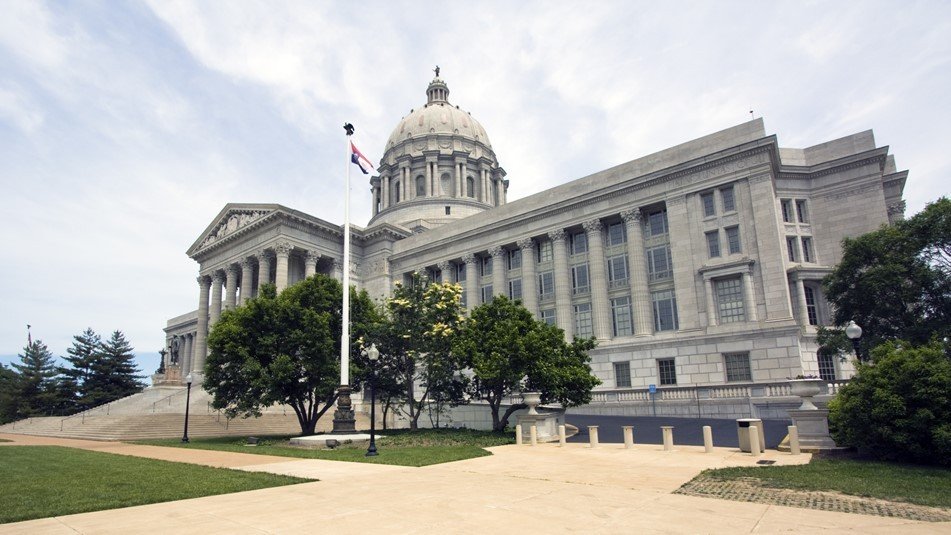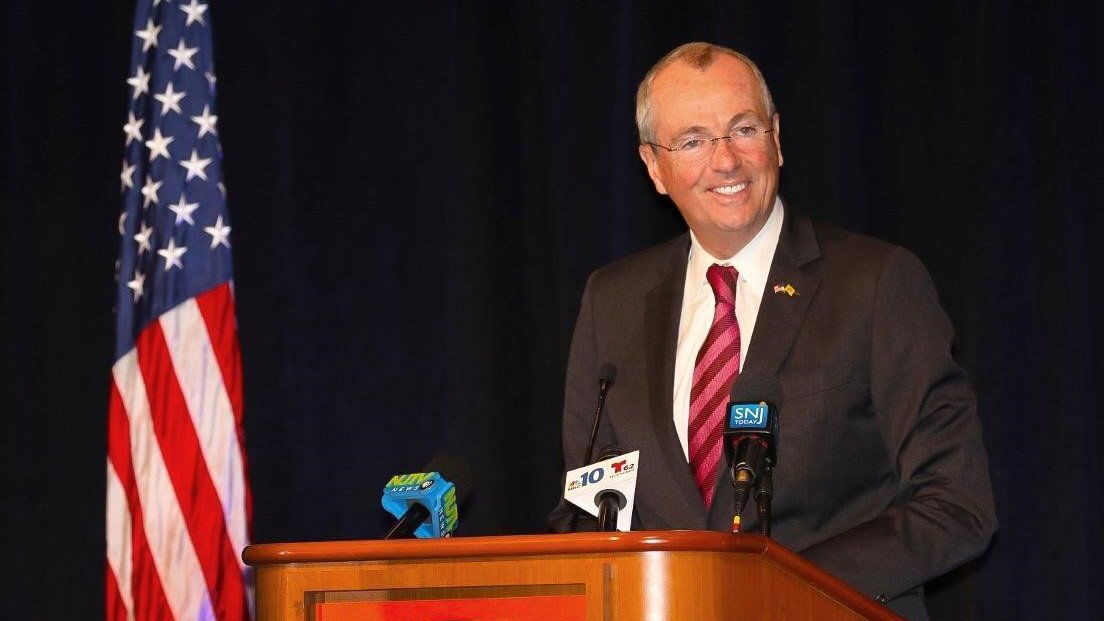Thailand tightens casino legalization proposals, restricting gaming to 10% of venue size

Thailand is moving forward with its plans to legalize casinos in "entertainment complexes," but stricter measures are now being considered in response to concerns over problem gambling.
A revised draft of the bill, published Saturday, limits casinos to no more than 10% of the total venue size and introduces disclosure requirements for locals wishing to gamble, reports Bloomberg. Complex locations will be determined by a special committee, and the bill is open for public hearings until March 1.
The draft also includes a provision that casinos must be physically separated from other areas of the complex, with their own gates and entrances. It also mandates that entertainment complexes must house at least four other types of businesses such as hotels, department stores, amusement parks, or yacht clubs.
The Thai government aims to pass the casino bill this year, hoping to attract foreign investment and boost tax revenues. Global gaming companies, including Galaxy Entertainment Group Ltd. and MGM Resorts International, are reportedly considering opportunities in Thailand, viewing it as a hedge against the uncertain future of Macau. Las Vegas Sands Corp. has also expressed interest in expanding into the country.
According to Citigroup Inc., Thailand could become a major player in the global gaming industry, with gross gaming revenue potentially reaching $9.1 billion by 2030, making it the third-largest market worldwide, after Macau and Las Vegas.
However, opposition to the bill is growing domestically. A recent survey showed over half of Thais disapprove of legalizing casinos and online gambling.
To address concerns, the draft proposes casino restrictions on Thai citizens, requiring proof of a 50 million baht ($1.5 million) bank balance for locals wishing to gamble. Foreigners, on the other hand, would only need to be 20 years old.
The bill also includes a requirement for a percentage of the workforce in entertainment complexes to be Thai nationals. Entertainment complexes will be operated by Thai-registered companies with a capital of at least 10 billion baht, and a 30-year license will cost 5 billion baht ($148 million) in the first year.
After public hearings, the bill will be reviewed by the cabinet before moving to the House of Representatives and Senate later this year.

















































